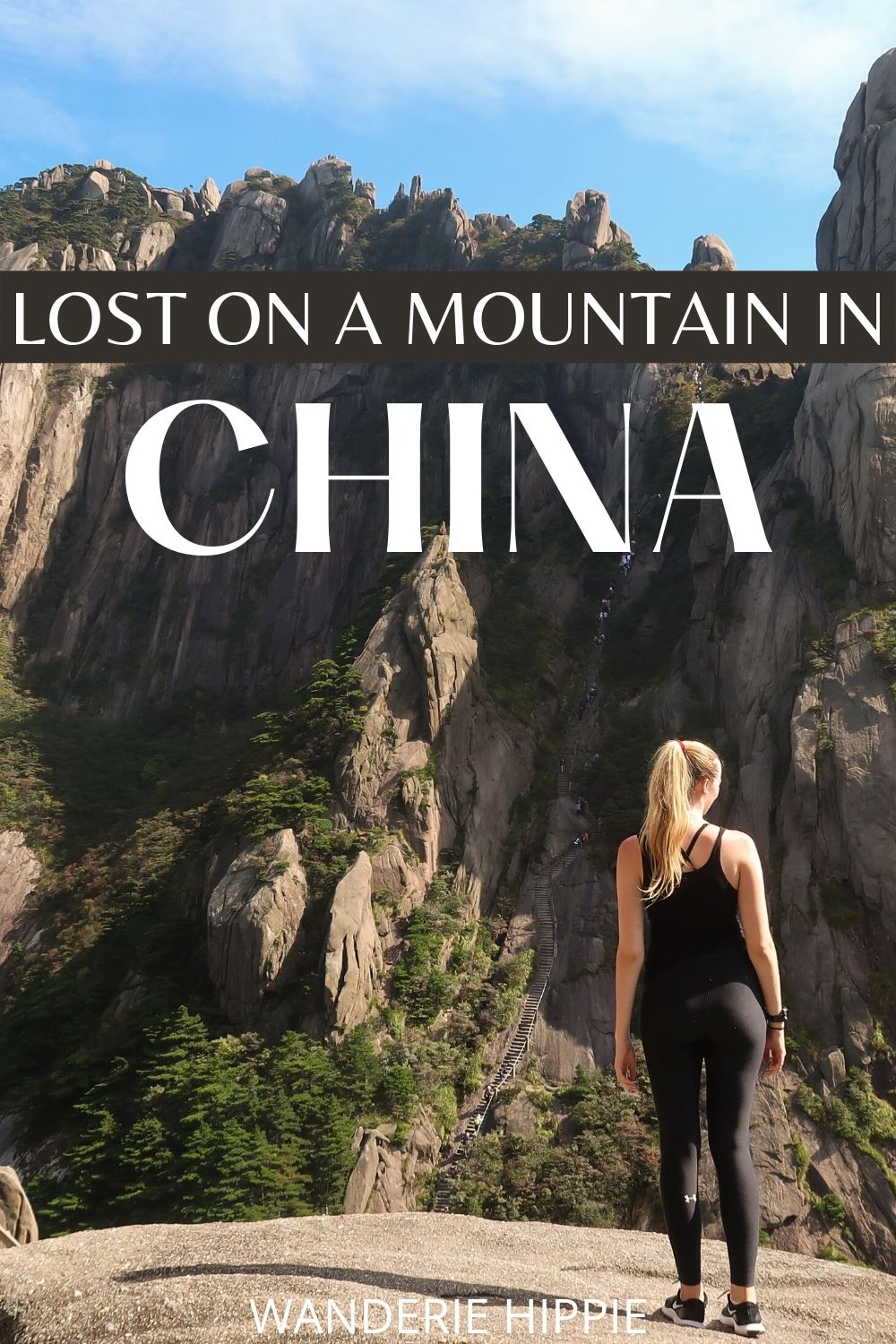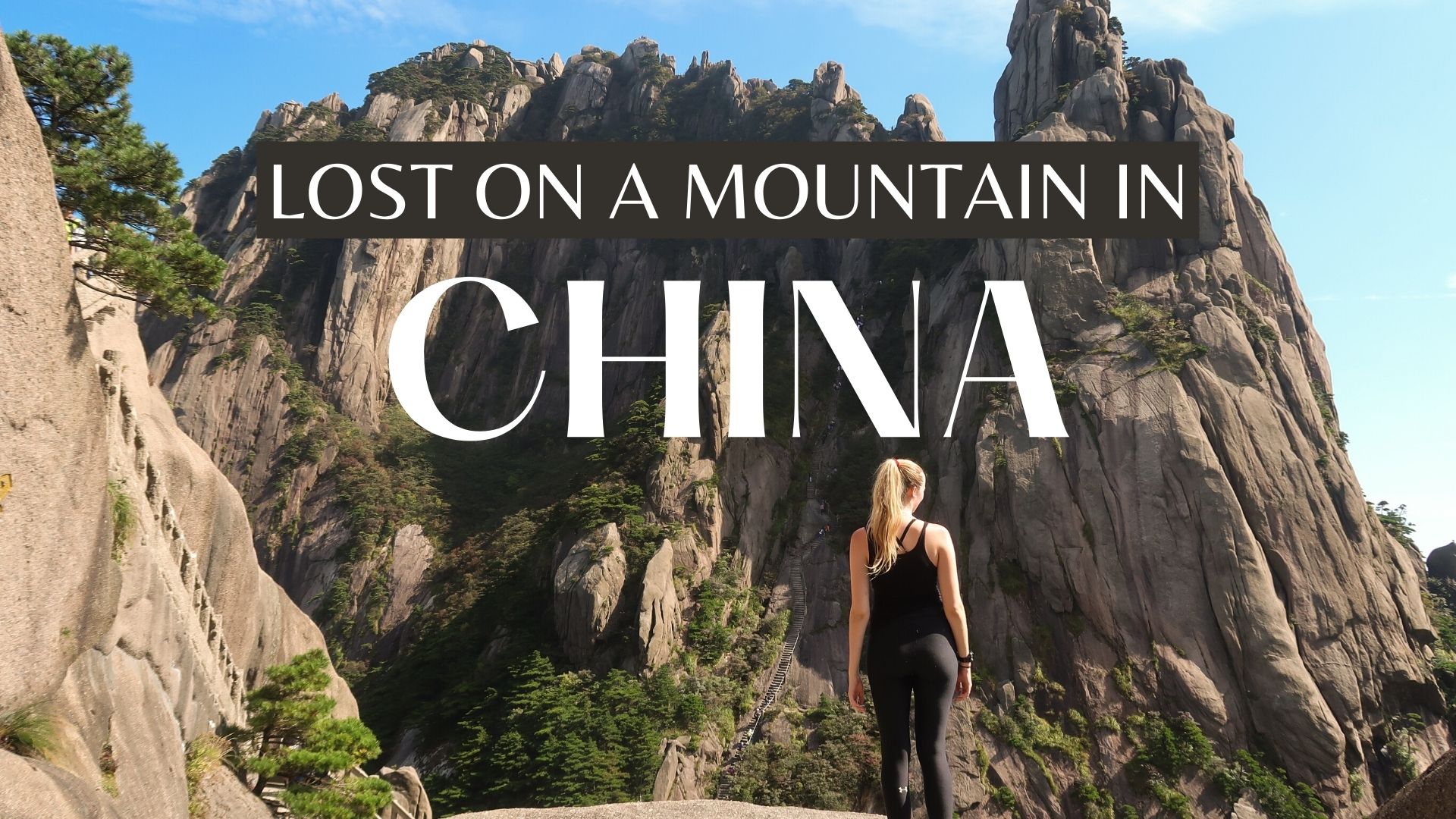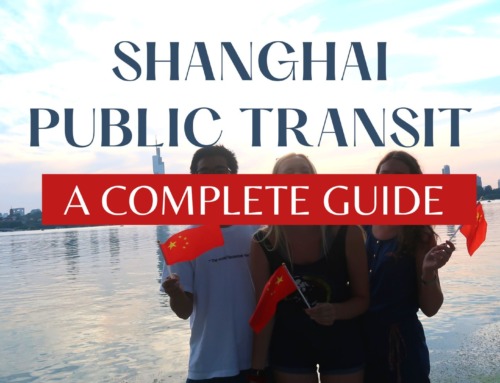“One year in China and you still look like a tourist”
Royce, a Chinese friend I had met back in New York, commented this line on my most recent Instagram picture. It was a photo of me standing on the Great Wall in a thick wool scarf and my favorite purple beanie, an excited smile spread across my face despite having just lost my $600 dollar camera on the bus ride there. My frustration at this misfortune had all but dissipated the second I stood on the wall, realizing my feet were touching a structure older than Jesus Christ himself. I know what she meant by her words- it didn’t matter how long I lived in China, how fluent my Chinese became, or how much China would eventually feel like home; I would never not look like a tourist.
I stood out. I noticed it the second I stepped off the plane- the brief looks, the long stares, the curiosity at a person who looks different. Wandering eyes followed me as I walked down the street. My eyes would dart back and forth, anxiety rising in my chest, wishing I was invisible. Anonymity was peace and I missed it. I missed the freedom of being hidden amongst the masses, the relief of feeling insignificant and alone. But in China, I was a foreigner- a wai-guo ren, and it was inescapable.
I was visiting a Buddhist Temple in Zhaojiajiao, a village just outside of Shanghai, when I was approached by a man, his hand moving as if he was holding an invisible camera. Taken aback, I nodded slowly. “Hao,” I said – okay. A very uncertain child wearing a black Nike dress was placed next to me. She looked up with fear and I smiled. Am I scary? I wondered. The father began fervently snapping pictures of us as the girl stood paralyzed next to me. This is how celebrities must feel, I mused to myself, taking in the joy on the face of the father. It’s the power of making another delighted just by the simple act of existing.
It was sudden- the immense dislike of my obviously-I’m-not-from-here look turned into a very fond appreciation of my new reality. China was not like the US- people did not judge me or hate me for being different. They found my different appearance of great interest and were most commonly happy I was there. Perhaps this is a remnant leftover from centuries of Western colonization and the injected prejudices of white superiority. As it is now, at the foundation of most immigrant stories lay the fruits of sacrifice- leaving home for a better life for oneself or for one’s family. But at the foundation of Americans venturing off to other countries lay the excitement of exploration, of “finding oneself”. Moving to another country is often a dark reality for many- there are prejudices to be faced, racism to hurdle over, and a long, arduous process of gaining citizenship- I got my Chinese visa in one day. The differences in my appearance were not seen as bad, but as intriguing- as worthy of asking for a photograph.
Stares no longer bothered me. I became accustomed to the treatment I received as a foreigner- the wandering eyes, the asking for photographs, the shock when a coherent Chinese sentence comes out of my mouth. I began to like it.
During the Autumn Festival holiday in October, my friend Daniela and I set off on an overnight train to the small town of Huangshan. It sat just on the outskirts of an enormous mountain range- the Yellow Mountains. Our plan was to climb the mountain and get back down in time for an overnight train ride to Nanjing.
We set off at the earliest stages of dawn, beginning what would become the longest, most leg-destroying trek up a mountain that either of us had ever set out to do in our two decades of life. What we hoped would be a brief pause at the top sooned turned into a five hour long search for the way back down.
“Aiyah!” I shouted in exasperation as I smacked my head with unnecessary force. Aiyah was a commonly used Chinese expression of immense exasperation or surprise. It seemed more emotionally fitting to me than any English expression I knew. My friend Daniela and I sat huddled together on the rocky ground, watching helplessly as the sun began to lower behind the mountains. Beautiful beams of pink and orange beamed happily across the sky, dancing across the mountains and turning them a fierce gold. “We’re screwed,” I said, throwing the map on the ground in front of me.
“We should have just turned around,” Daniela told me, which was obvious at that point. But it was too late now- we had wandered too far from the path down and the sun was beginning to set. If we didn’t make it down in time for the bus, we were to be stranded in Huangshan, lost on a mountain in China.
All hope was lost until I felt a light tap on my shoulder. Turning around, I came face to face with two Chinese teenagers, warm, friendly smiles stretched across their faces. “Ni hao,” I greeted them, but they didn’t respond. They pointed to the map lying on the ground, then off in some random direction. Apparently our outward demeanor screamed ‘help me!’ and they had come to our assistance. I asked them another question, but they shook their heads, pointing to their ears and their mouths. Neither Daniela or I understood, so they got out their phone to translate. All hail modern technology!
We are deaf and mute, the translated portion read. Daniela and I looked at each other with immense surprise. Not only did we not fully understand each other’s native language, but we also could not try. Hand motions and terrible internet connection were our only available methods of communication.
Off we set, on our two hour long trek back down the mountain with only phone flashlights and the occasional star to light the way. Our two new friends guided us down the steep trails, around the cliff-like mountain edges, and back to the safety of flat ground. We communicated with handle signals and smiles, nods and head shakes- somehow we managed to understand each other. When we reached the bus with hardly any time to spare, we were all completely spent. Our legs were jello and our heads were heavy with exhaustion. Daniel and I turned to thank our two new friends by bowing with our hands together in an attempt to show our extreme gratitude. They smiled, nodded, and turned back to the mountain. We watched as they began to walk back up the path and disappear in the dark.
“Oh my god, they’re going back up,” Daniela exclaimed. We both realized very suddenly that they probably live up there in the mountains, and only came down because they wanted to lead us back to safety.
Despite being able to barely communicate with each other, the two teenagers displayed a certain kind of selfless kindness that seems exceptionally difficult to come by these days. It made no difference to them that we were foreigners- if anything, it only made them want to help us more. Our differences in appearance and language, in culture and way of life- they become minuscule when viewed through the lens of all the shared commonalities of humanity. While it is beautiful to appreciate what makes others different, we must remember that underneath all these outside forces we are all human beings capable of extreme kindness, passion, and love.
PIN THIS PAGE!










Leave A Comment